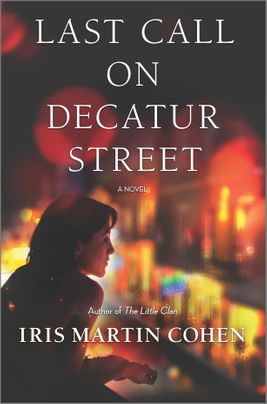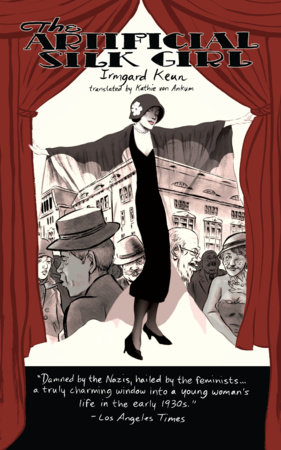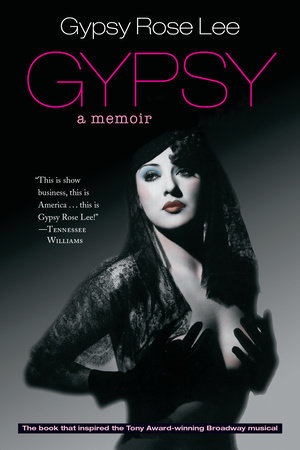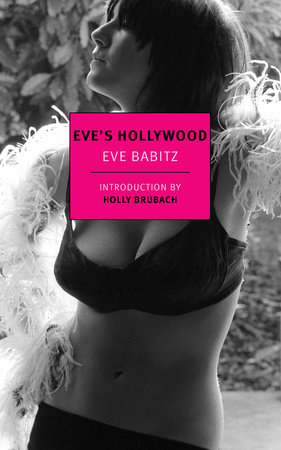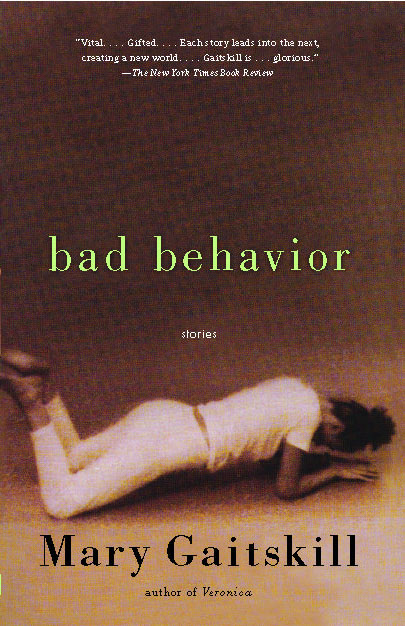Electric Lit relies on contributions from our readers to help make literature more exciting, relevant, and inclusive. Please support our work by becoming a member today, or making a one-time donation here.
.
I’ve always loved a woman on the margins. Women who drink too much, stay out too late, exist on the far side of sexual propriety, whether for love or money. In 19th century novels about women like this, often written by men, they always have to die some appropriately punitive death by the end. But over the last century, something wonderful happened and these young women started to tell their own stories. The strippers, showgirls, part-time hustlers, and wild girls—sometimes sad, often funny—offered a clear-eyed perspective, through the kaleidoscope of a city at night, on a world that treats a female body as a commodity.
My book, Last Call on Decatur Street, follows Rosemary, a burlesque dancer, through one long night out on the town in New Orleans. She has her flaws: too much booze and bad men, mistaking self-destruction as a form of freedom. But she is smart and funny, a tribute to this archetype of a hardboiled and heartbroken showgirl that I have always loved. The novel is also about race and the things we inherit from the places we are from—how differently these stereotypes resonate for a woman of color and the privileges and exclusions of the white imagination. Rosemary, who is white, spends the night trying to understand what went wrong in her closest friendship with Gaby, who is Black.
Here are 9 books about disreputable women in their own words:
The Vagabond by Colette
I loved the story of Renée, the disillusioned writer who takes up a music hall career in turn of the last century Paris so much that I literally started burlesque dancing in my 20s just to be like her. Colette writes the female experience with aching beauty and razor precision. An independent woman, lonely and cynical, with a French bulldog named Fosette? Maybe my perfect novel.
After Leaving Mr. Mackenzie by Jean Rhys
Another writer who spent time in Edwardian music halls, Rhys wrote three novels about her protagonist Julia’s social and economic descent: wandering around Paris, drinking too much, living in a cheap hotel after her lover stops sending her money. A perfect, gorgeous modernist novel about a woman who is broke, drunk, and depressed; it immediately made me want to write a book.
Gentlemen Prefer Blondes by Anita Loos
Anyone who only knows Lorelei Lee from the Marilyn Monroe movie (which is also great) should spend time with Loos’ unrepentant, gold-digging flapper here in her vicious, hilarious prose. This book is witty, as effervescent as champagne, and an absolutely lacerating critique of the relationship between the sexes and the commodity culture of the 1920’s.
The Artificial Silk Girl by Irmgard Keun, translated by Kathie von Ankum
A bestseller in Weimar Germany, this novel follows a young flapper, Doris, through the nightclubs and cafes of Berlin as she tries to enjoy herself and her city despite her reliance on men for drinks and meals and even the occasional fur coat. A study of sexual freedom and economic precarity, it’s like reading the journal of someone I desperately want to hang out with.
Gypsy by Gypsy Rose Lee
Although this really entered the American imagination through the musical, you have to go to the original to fully appreciate Lee’s inimitable voice about a sex worker telling her own story. It’s a history of vaudeville—the fleabag hotels, the ostrich feathers and glitz, all told with the wit and humor and heart that made her so famous. She also wrote a great murder mystery.
Eve’s Hollywood by Eve Babitz
I think as an essayist, Babitz is unrivaled. Her subject is her life as a girl on the town in 1960s Los Angeles—going to parties, trysting with famous men, worrying about clothes or weight or relationships. But she just happens to be brilliant and funny. A perfect stylist, she makes her life bloom into something wonderful and profound. She is my Knausgaard, if Knausgaard had a sense of humor about himself.
Bad Behavior by Mary Gaitskill
Who doesn’t love this book of stories? For a generation of women, Gaitskill’s sex workers, adulterers, drinkers, and women behaving badly felt like a gift. Women on the margins accorded their full humanity with icy, flawless, gorgeous prose. Every woman who has been declared or written a character deemed “unlikable” owes her a debt of gratitude.
Tipping the Velvet by Sarah Waters
Water’s big, luscious novel about two women performing in the music halls becomes an irresistible journey through the queerness of Victorian London. It’s the kind of book you can’t put down, but also an amendment to the historical record that feels like a long-held exhale. Finally, these queer women get to live their stories in all their rich, complicated glory.
You Exist Too Much by Zaina Arafat
Arafat’s unnamed narrator is a wild girl in recovery from drugs, alcohol, an eating disorder, and love addiction. Not only is the writing of this recent debut just exquisite, but she plumbs the inner life, the cause and effects, of why some girls seek to lose themselves in this kind of wild disorder. I was so grateful to have the perspective of a queer woman of color speaking on these tropes. Also, a perfect title. I would bet every character and writer on this list would second that feeling.

